Academic Portfolio
I have been a student my whole life. In 2020, I woke up one day and realized I wanted to learn more and become a professional in the Cyber Security field, so I enrolled for an MSc. Two years later, after completing, I discovered that I was very passionate about digital forensics and one day hope to call myself a digital forensic investigator. I am open for oppurtunities if you are hiring. I learn fast, I adapt even faster
I also love teaching. There's nothing more fulfiling than going to sleep knowing I have made a difference in another's life. Just as I'm a student my whole life, I'll always be an educator too, spreading knowledge to the next generation
Teaching
Undergraduate Courses
- Web Design and Development
- Database Systems
- Security and Forensics
- Programming Principles
- Software Development Group Project
- Web API Development
- Web & Advanced Web Development
Guest Lectures
- Prototyping
- ERD & Normalization
- Angular 2
- Javascript Fundamentals
Research Activities
Research Interests
- Deepfake Detection
- Explainable Artificial Intelligence
- Cyber Security & Digital Forensics
- Computer Vision / Deep Learning
- Sentiment Analysis
Research Experience
- XAIVIER: A Visually Interpretable Forensic Deepfake Detection Tool Using Anchors
- DROGO: Aspect weightage allocation using latent factors to aid Context based Sentiment Analysis of hotels
Abstract Cyber-crimes such as manipulations of videos that threaten to violate the privacy and identity of a person by hijacking their face and swapping it onto the body of another person (face-swapping) has seen a dramatic rise over the recent years. The “Deepfakes” of today, as they are known, have become very convincing that they are indistinguishable from authentic videos. Though promising headway has been made in field of deepfake detection, existing research mostly focus only on classifying a video in binary forms- either as a deepfake or not, without any explanations as to why the model classified it as such. However, these works fail in situations where explainability and transparency behind a tool’s decision is crucial, especially in a court of law, where the Court may demand justifications and explanations for why a video is a deepfake from a digital forensic expert. Explainable AI (XAI) has the potential to give a whole new meaning to deepfake detection, hence a new research area called Explainable Deepfake detection comes into the picture that help explain decisions behind a black-box system’s predictions, easily to humans. This is however a new yet niche area with limited contribution, therefore, based on the limitations identified in the existing XDD works, this research proposes the use of an XAI method called Anchors, a model-agnostic high precision explainer, that can explain the reasons behind the predictions of a custom made Deepfake detector. This work is also one of the first to approach the problem from a digital forensic viewpoint, enabling the development of a digital forensic toolkit for deepfake detection. The approach, design, implementation, and evaluation steps are detailed in this report.
Abstract Tourists’ and the public’s opinions about the services offered by the hotel industry such as food, room and service, can be found most evidently in open ended, user generated online hotel reviews. Though sentiment can be identified for aspects, using aspect based Sentiment analysis, one main challenge is the limitation of only using linguistic factors to determine sentiment. Through an in-depth literature study and industry survey, latent factors which affect sentiment of travel reviews were identified and three Fuzzy Inference Systems (cascaded) were developed to devise accurate sentiment for the hotel aspects. The three systems calculates how much trust a review(er) should be allocated, the weightages /importance for each aspect mentioned in the review and finally the sentiment scores of each aspect. Drogo is the first of its kind and is hence conveniently named human reasoning based sentiment analysis. System accuracy was tested based on the rules while accuracy was also tested based on the values output by Drogo. The usage of Fuzzy logic makes Drogo perform well, produces acceptable results and is hence justified.
Research Supervision
- BEng. Software Engineering - research project supervision
- BSc. Computer Science - research project supervision
- BSc. Computing - research project supervision
- Second Year Group Research - project mentoring and supervision
Educational Qualification
Education
- Masters, MSc. Cyber Security and Forensics, University of Westminster, 2022. Thesis Title: XAIVIER: A Visually Interpretable Forensic Deepfake Detection Tool Using Anchors
- Bachelors, BEng. (Hons) Software Engineering, University of Westminster, 2015. Thesis Title: DROGO: Aspect weightage allocation using latent factors to aid Context based Sentiment Analysis of hotels
Professional Experience
Work Experience
- SOC Analyst - Connex Information Technologies
- Visiting Lecturer - IIT, NIBM, AMDT
- Associate Technical Lead - 99X Technology (99x)
Publications
Conference Proceedings
- K. Jayakumar and N. Skandhakumar, "A Visually Interpretable Forensic Deepfake Detection Tool Using Anchors," 2022 7th International Conference on Information Technology Research (ICITR), Moratuwa, Sri Lanka, 2022, pp. 1-6, doi: 10.1109/ICITR57877.2022.9993294.
- V. Gamage, M. Ayoob and K. Jayakumar, "Pulsar Candidate Selection Using Gaussian Hellinger Extremely Fast Decision Tree," 2022 2nd International Conference on Image Processing and Robotics (ICIPRob), 2022, pp. 1-7, doi: 10.1109/ICIPRob54042.2022.9798721.
- O. Liyanage and K. Jayakumar, "Hate Speech Detection in Sinhala-English Code-Mixed Language," 2021 21st International Conference on Advances in ICT for Emerging Regions (ICter), 2021, pp. 225-230, doi: 10.1109/ICter53630.2021.9774816.
Gallery
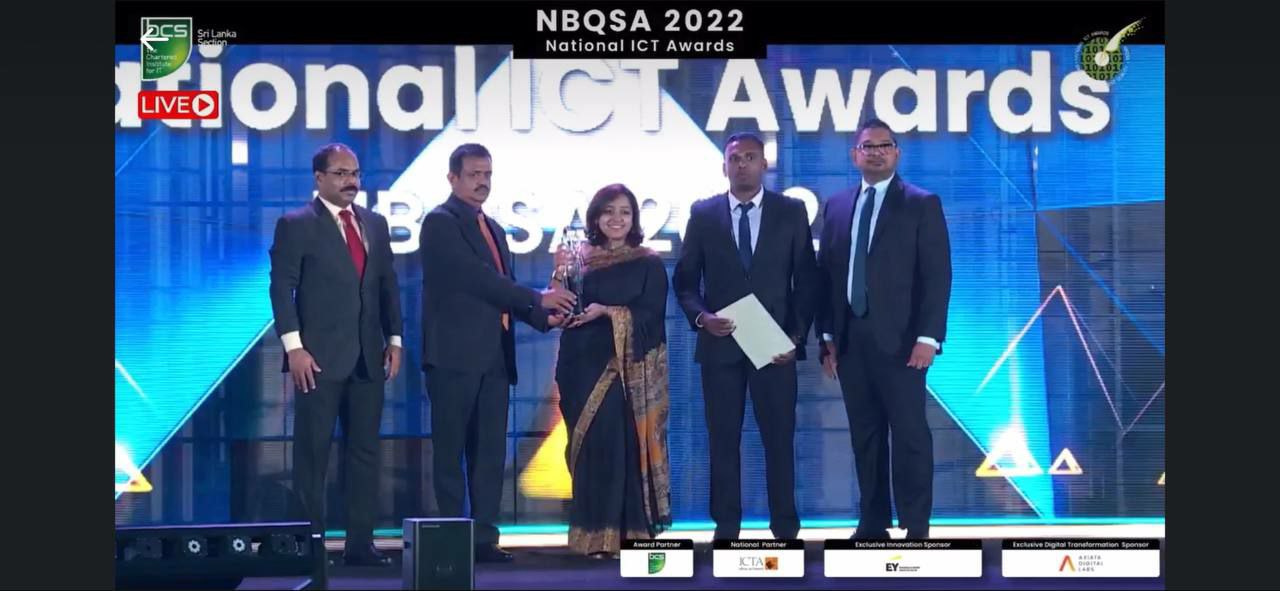
Receiving Gold Award in Postgraduate Category at the NBQSA Ceremony (2022)
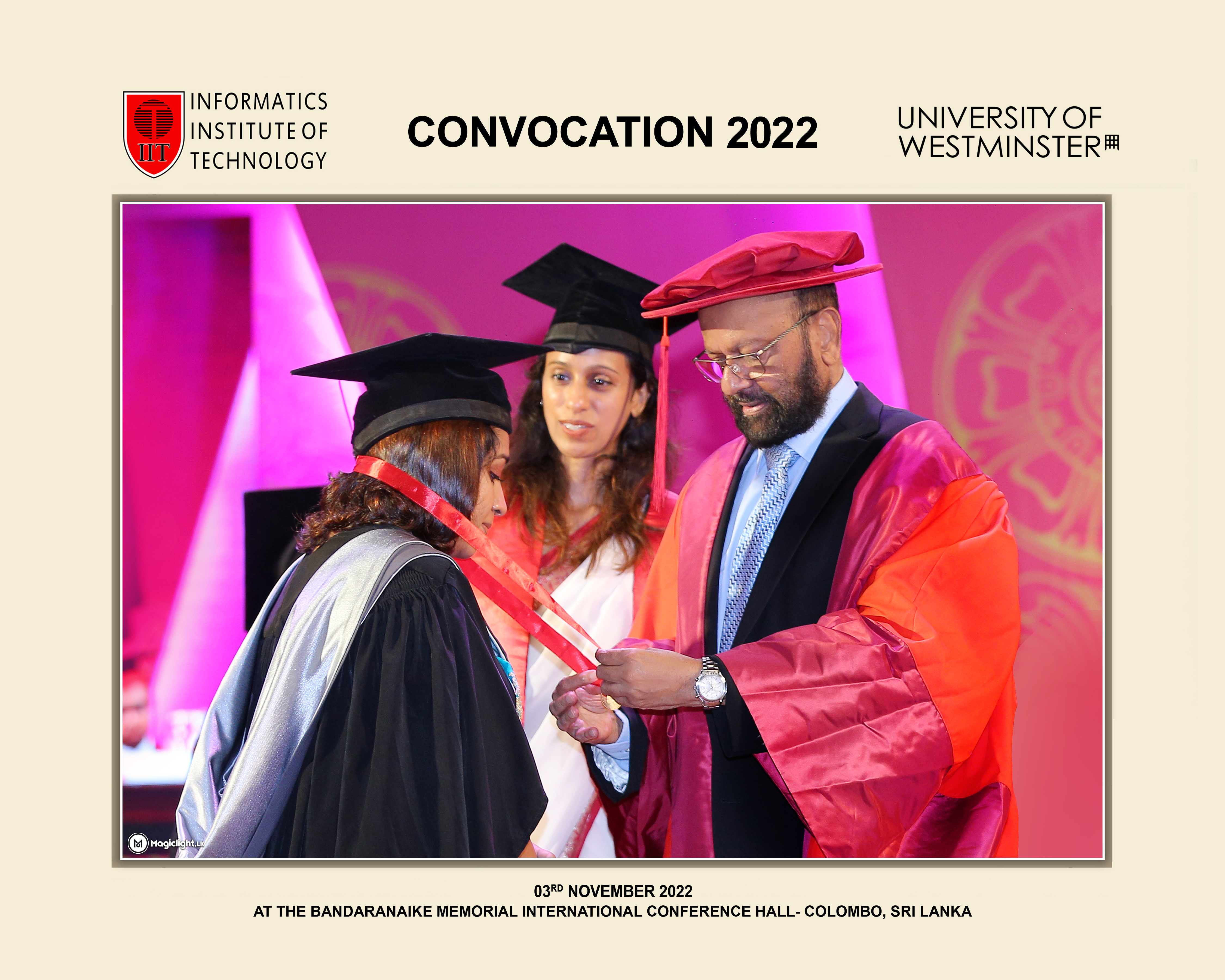
Receiving Dr. Gamini Wickramasinghe Gold Medal for Academic Excellence (2022)
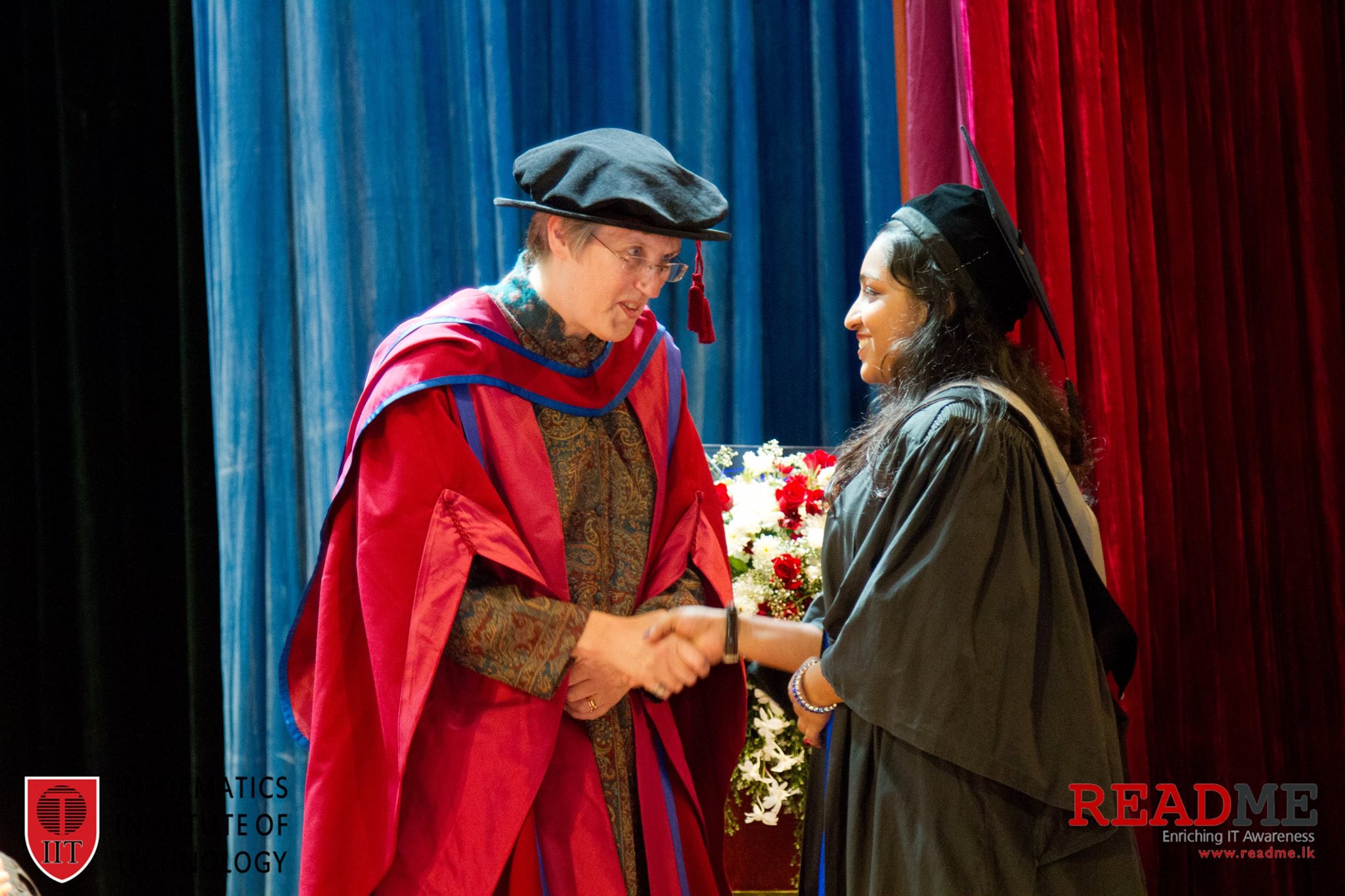
Receiving University of Westminster Best All-round Student Award (2015)
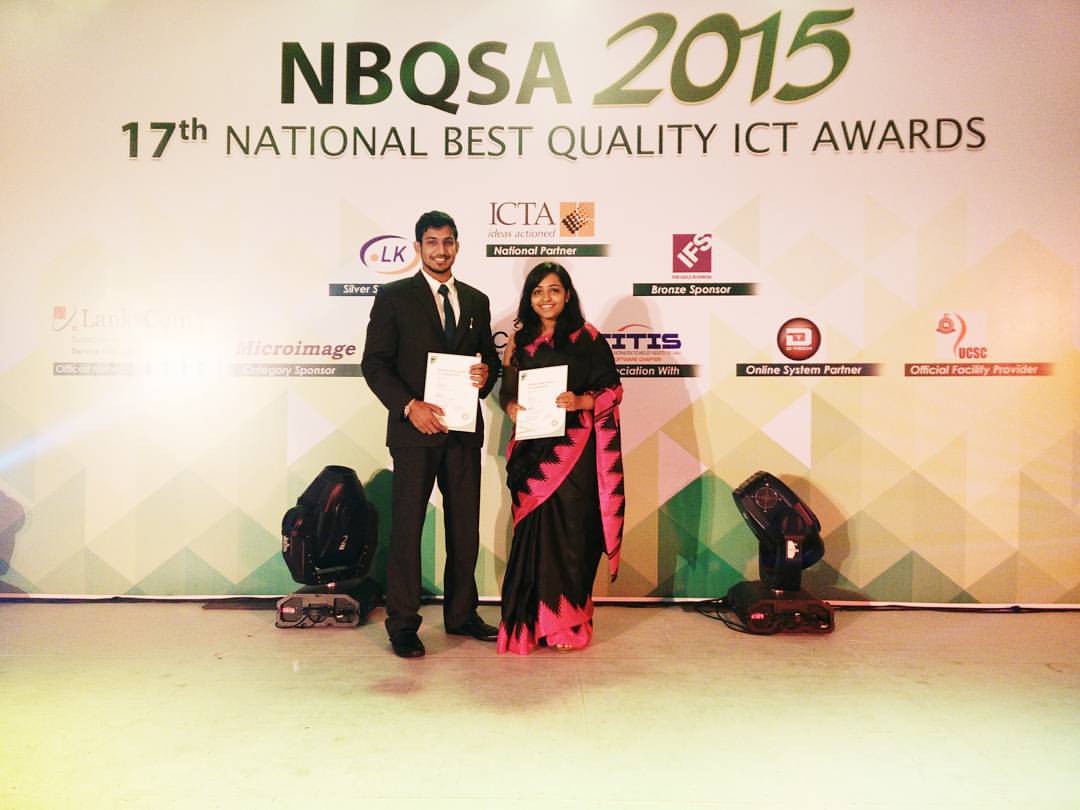
Merit award for Bachelors research project (2015)
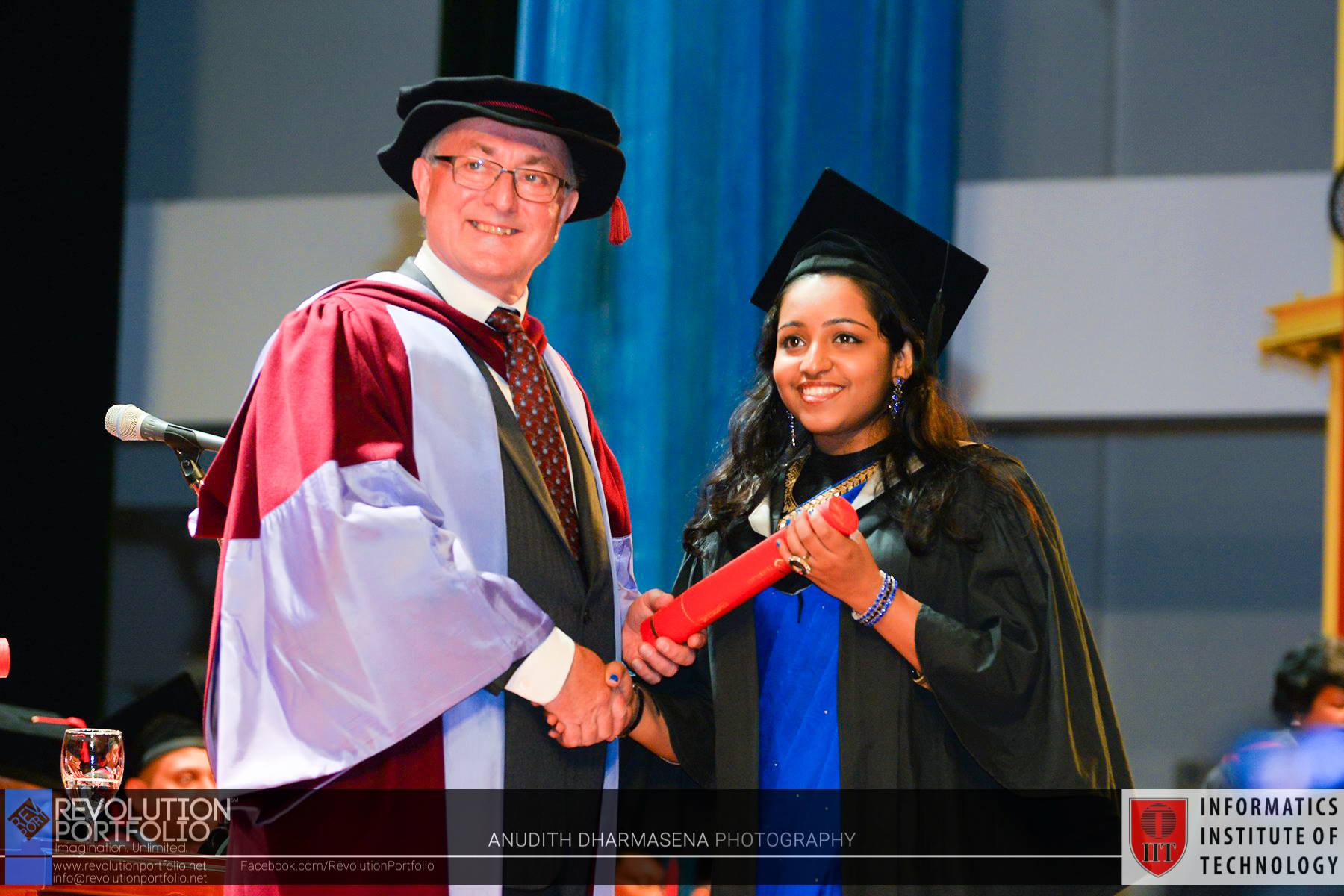
Bachelors Graduation (2015)

My first class of students (2018)

Receiving academic excellence award (2015)